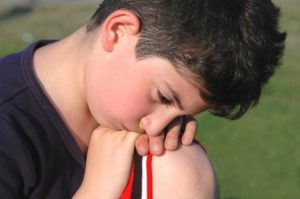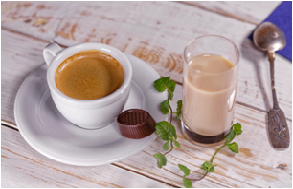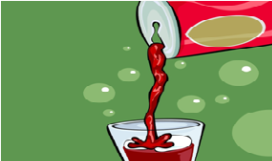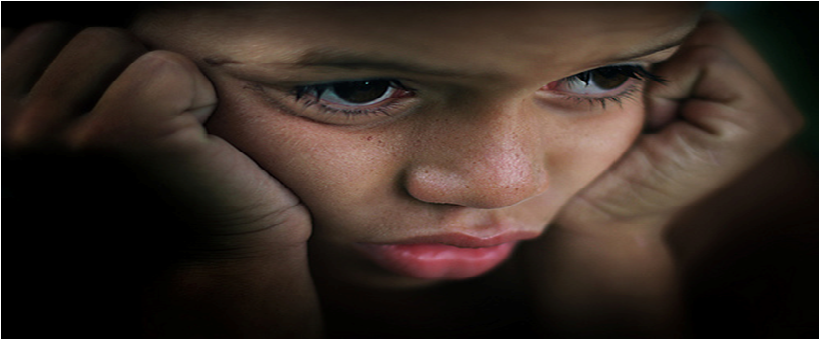Is Hyperactivity in Children Related to Caffeine Consumption?
Caffeine belongs to a family of naturally occurring compounds called xanthines. Derivatives of xanthine (known collectively as xanthines) are a group of alkaloids commonly used for their effects as mild stimulants. These alkaloids affect the central nervous system and can cause anxiety and nervousness in children.
 During the early part of the century, young children ( age 6-9 years) were consuming as low as 25 milligrams of caffeine, which is actually within the safe consumable limits, but slowly this has increased to a limit above the safe levels.
During the early part of the century, young children ( age 6-9 years) were consuming as low as 25 milligrams of caffeine, which is actually within the safe consumable limits, but slowly this has increased to a limit above the safe levels.
 The Canadian government has guidelines for children aged 4-6 years, the maximum recommended intake is 45 milligrams a day — about as much caffeine as found in one 300 ml bottle of Diet Coke. The American Academy of Pediatrics recommends that adolescents get no more than 100 mg of caffeine a day. Younger children shouldn’t drink caffeinated beverages on a regular basis.
The Canadian government has guidelines for children aged 4-6 years, the maximum recommended intake is 45 milligrams a day — about as much caffeine as found in one 300 ml bottle of Diet Coke. The American Academy of Pediatrics recommends that adolescents get no more than 100 mg of caffeine a day. Younger children shouldn’t drink caffeinated beverages on a regular basis.
Caffeine is hiding in various popular foods and drinks we encounter every day. Caffeine is found in Coffee, Guarana, Yerba mate, Tea, Kola, Guayusa and Yaupon holly. Any foods containing these will have caffeine in them. Coffees, teas, sodas, energy drinks, chocolates and medications all contain some amount of caffeine.
 Even if the labels fail to show some caffeine is always there if the above mentioned ingredients are present in the beverage /foods.The actual caffeine content of the same coffee drink can vary from day to day — even at the same coffee shop — because of various factors, such as roasting and grinding as well as brewing time. The caffeine content of tea also is affected by how long it’s brewed.
Even if the labels fail to show some caffeine is always there if the above mentioned ingredients are present in the beverage /foods.The actual caffeine content of the same coffee drink can vary from day to day — even at the same coffee shop — because of various factors, such as roasting and grinding as well as brewing time. The caffeine content of tea also is affected by how long it’s brewed.
The evidence doesn’t show that caffeine stunts growth. But if kids are drinking soda, even caffeinated tea throughout the day, they may not be taking in the amount of nutrition they need.
Also, if children are drinking a can of caffeinated soda, they are also taking in a lot of sugar, which has the second effect of tooth decay, and the growing issue of childhood obesity.
Caffeine also constricts blood vessels. It takes 4 milligrams of caffeine per kilogram of body weight to increase blood pressure.
Moreover, brains of children tend to be more sensitive to caffeine’s effects than the brains of adults. Caffeine can cause them to be hyperactive; it can also make them nervous, anxious, worsen stomach problems and create sleep problems.
Contact : Nutritionist in Delhi

